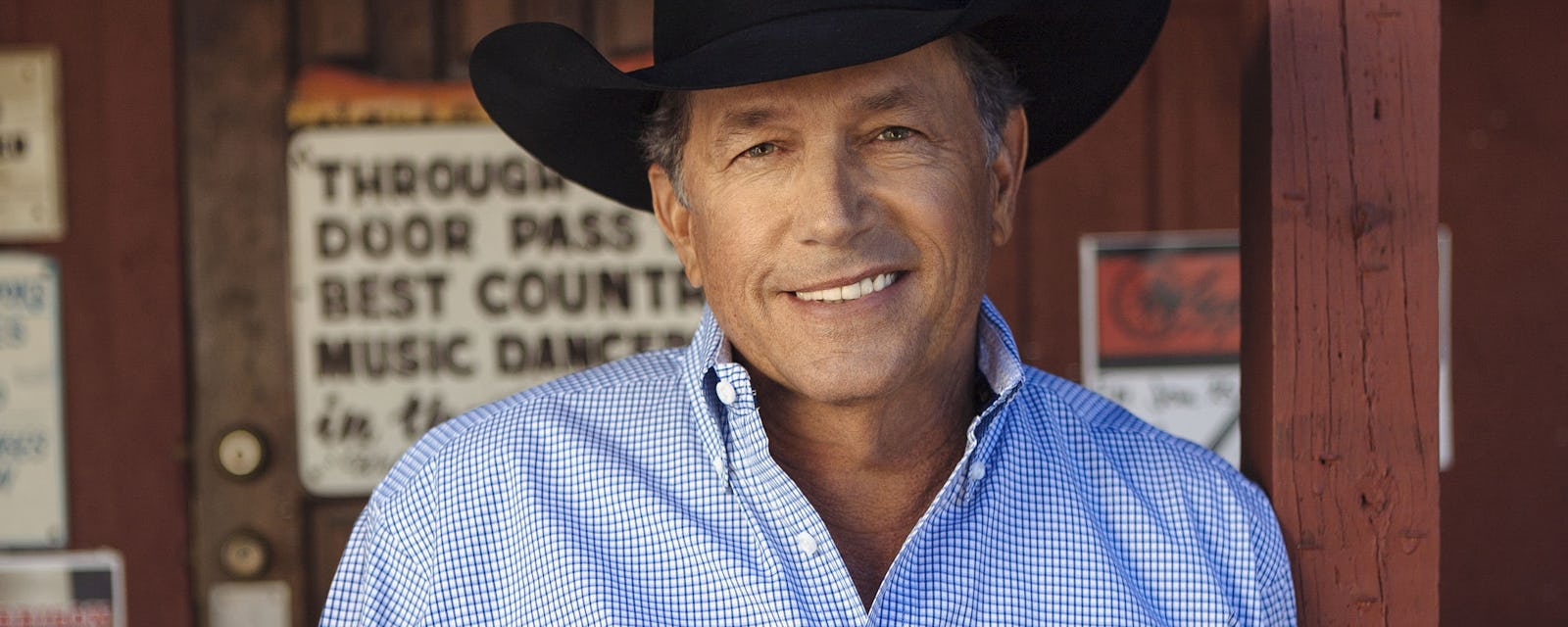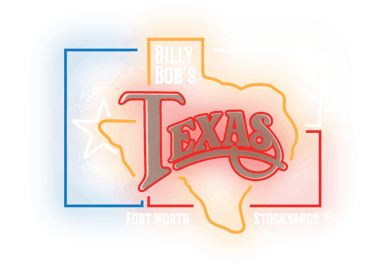
George Strait
ABOUT GEORGE STRAIT:
Out of all the country singers to emerge in the 1980s, George Strait stayed the closest to traditional country. Drawing from both the honky tonk and Western swing traditions, Strait didn’t refashion the genres; he revitalized them. In the process, he became one of the most popular and influential singers of the era, sparking a wave of neo-traditionalist singers from Randy Travis and Dwight Yoakam to Clint Black, Garth Brooks, and Alan Jackson.
Strait was born and raised in southern Texas, near San Antonio, the son of a junior high school teacher who also owned and operated a ranch that had been in the Strait family for nearly 100 years. When George was a child, his mother left the family, taking her daughter but leaving her sons behind with their father. During his childhood, he would spend his weekdays in town and his weekends on the ranch. Strait began playing music as a teenager, joining a rock & roll garage band. After his high school graduation in the late ’60s, he enrolled in college but soon dropped out and eloped with his high school sweetheart, Norma. In 1971, Strait enlisted in the Army; two years later, he was stationed in Hawaii. While there, he began playing country music, initially with an Army-sponsored country band called Rambling Country. They played several dates off the base under the name Santee. Strait left the Army in 1975, returning to Texas with the intent of completing his education. He enrolled in Southwest Texas State University at San Marcos, where he studied agriculture. While he was studying, he formed his own country band, Ace in the Hole.
Ace in the Hole made a few records for the independent Dallas-based label D in the late ’70s, but they never went anywhere. Toward the end of the decade, Strait attempted to carve out a niche in Nashville, but he failed since he lacked any strong connections. In 1979, he became friends with Erv Woolsey, a Texas club owner who had formerly worked for MCA Records. Woolsey had several MCA executives come down to Texas to hear Strait, whose performance convinced the company to sign him in 1980. “Unwound,” Strait’s first single, was released in the spring of 1981 and climbed into the Top Ten. The follow-up, “Down and Out,” stalled at 16, but “If You’re Thinking You Want a Stranger (There’s One Coming Home)” reached number three in early 1982. The song sparked a remarkable string of Top Ten hits that ran well into the ’90s. During that time he had an astonishing 31 number one singles, beginning with 1982’s “Fool Hearted Memory.”
Throughout the ’80s, he dominated the country singles charts, and his albums consistently went platinum or gold. Strait rarely abandoned hardcore honky tonk and Western swing — toward the beginning of the ’90s, his sound became a little slicker, but it was only a relative change. Strait was also one of the few ’80s superstars to survive the generational shift of the early ’90s that began with the phenomenal success of Garth Brooks. In 1992, he made his first movie, Pure Country, which featured him in the lead role. Strait released a four-disc box-set career retrospective, Strait Out of the Box, in 1995. By the spring of 1996, it had become one of the five biggest-selling box sets in popular music history. Blue Clear Sky, his 1996 album, debuted on the country charts at number one and the pop charts at number seven. In 1997, he released Carrying Your Love with Me, following it with One Step at a Time in 1998. Always Never the Same appeared a year later, as did the seasonal effort Merry Christmas Wherever You Are. The simply titled George Strait, featuring the hit single “Go On,” hit the shelves in late 2000.
Did Strait slow down in the 2000s? Nah. The following year saw the release of The Road Less Traveled, which qualified as an experimental album of sorts for the veteran performer. While it didn’t stray very far from his new traditionalist country sound, Road did include a foray into vocal processing that was about as country as a pair of stiletto-healed cowboy boots. But the experimentation was welcome, for it revealed that Strait was still hungry, even after millions upon millions of records sold. Strait issued two projects in 2003. For the Last Time: Live from the Astrodome chronicled his headlining set at the last Houston Livestock and Rodeo ever held in the big Texas dome, while Honkytonkville was a fiery set of hard country, lauded by critics for its mixture of the old Strait and his modern, superstar self. Somewhere Down in Texas arrived in 2005, followed by It Just Comes Natural in 2006, and Troubadour and the holiday album Classic Christmas in 2008. None of them had any trouble topping the country charts, while Somewhere Down in Texas and Troubadour hit number one on the overall chart. Another chart-topping album, Twang, appeared in 2009, co-produced by Strait and Tony Brown. Still, it turned out to be his first and only album of the 2000s that didn’t reach platinum certification.
Strait co-wrote seven of the 11 songs (sharing credits with Dean Dillon, Bobby Boyd, and his son, Bubba Strait) on 2011’s Here for a Good Time, his 39th studio album, which was co-produced by Strait and Brown and recorded at Jimmy Buffett’s Shrimpboat Sound Studio in Key West, Florida. It gave him two more Top Ten singles: “Here for a Good Time” and “Love’s Gonna Make It Alright,” although they both missed the top of the charts (peaking at two and three, respectively). About a year after its release, Strait announced that he was retiring from steady touring. He planned one last tour called The Cowboy Rides Away Tour, beginning in 2013 and ending in 2014. Just before this farewell journey kicked off, Strait released a new album, Love Is Everything, in May of 2013; it was preceded by the Top Ten country single “Give It All We Got Tonight.”
The final tour turned out to be a country event of its own, featuring a parade of opening performers to salute him, including Miranda Lambert, Merle Haggard, Alan Jackson, Tim McGraw, Kenny Chesney, Jason Aldean, Eric Church, Asleep at the Wheel, Vince Gill, and Faith Hill, among others. The tour’s final show at AT&T Stadium in Arlington, Texas attracted over 100,000 people and was documented both in a live album (The Cowboy Rides Away: Live from AT&T Stadium) and a two-hour television special broadcast on CMT. Strait opened up the next phase of his career in September 2015, when he announced a residency at the new Las Vegas Arena in 2016 along with the surprise release of a new album called Cold Beer Conversation. As a veteran country hitmaker, Strait became part of Artists of Then, Now and Forever, a one-off gathering of Nashville stars who paid tribute to the CMA Awards with a medley of C&W classics called “Forever Country.” Late 2016 saw two new releases from Strait. Strait Out of the Box, Pt. 2 was another multi-disc collection of hits and audience favorites that included two new tracks, “Kicked Outta Country” and “You Gotta Go Through Hell.” He also brought out a new Christmas album, Strait for the Holidays.
Strait returned with Honky Tonk Time Machine, his first new studio album in three years, in the spring of 2019. Upon its March release, the record debuted at number one on Billboard’s Country Albums chart and number four on their Top 200.
Debut Date
May 14th, 1982





